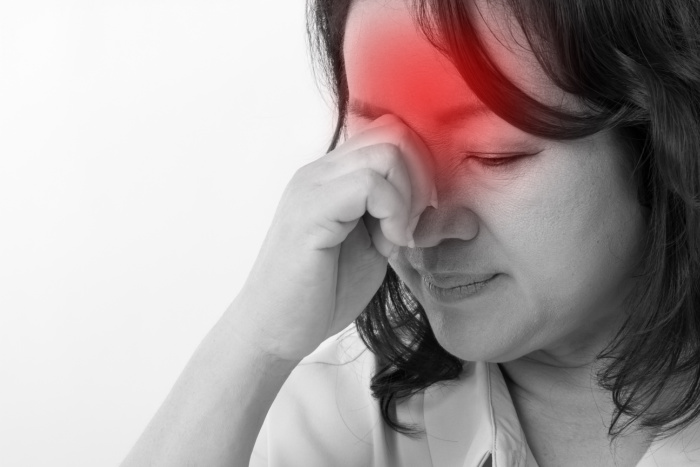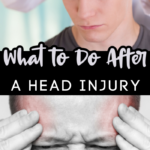Doctors Are Sharing What to Do and What Not to Do When You Hit Your Head
You’ve banged your head, ouch!

Whether you accidentally walked right into a stop sign or slammed your head on the door while texting in the house, here’s what to do, and what not to do when you experience a blow to the head.

Considering the most recent news regarding the death of Bob Saget, it’s been confirmed from the Saget family according to CNN, that the famous actor died suddenly after hitting his head on what they assume to be from the headboard of his hotel bedroom.

While the grieving news surrounding Bob Saget was shocking and of course very upsetting, there is a silver lining, and that is to inform everyone about the dangers of accidentally hitting the back of your head.

CNN Medical Analyst Dr. Leana Wen, an emergency physician and visiting professor of health policy and management at the George Washington University Milken Institute School of Public Health, explains to PEOPLE how important it is to stay vigilant after a head injury.
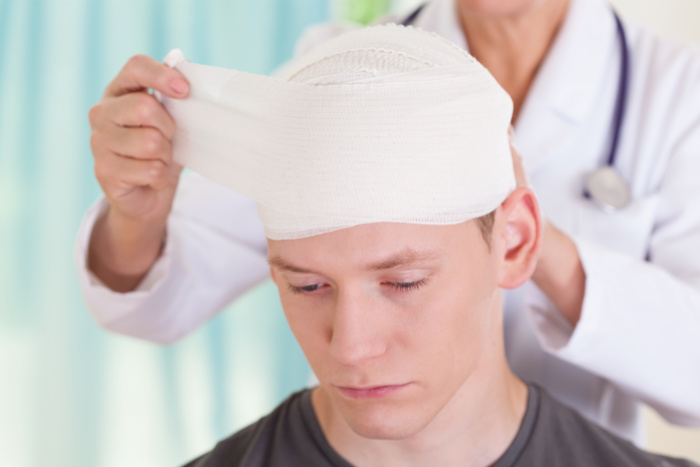
“When you hit your head, you could have bleeding in different ways,” says Wen, who did not treat Saget. “An epidural hematoma is a type of brain injury. You can also have a subdural hematoma, another possibility as well.”
Dr. Leana Wen
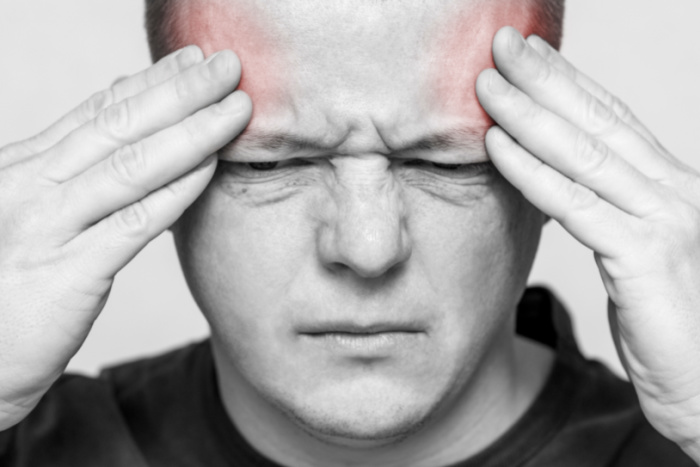
While Saget’s family did confirm that Bob Saget died from head trauma, it’s important to keep in mind that an autopsy report has not yet been released which leaves out important information of the exact nature of his head injury and what exactly happened at the time of the accident.
In other words, it’s unclear when or how Saget hit his head or if he experienced any disorientation before going to bed at night.

However, there are steps you can act on if you think you’ve hit your bad badly.

What Should I Do If I’ve Accidentally Hit My Head?
Start by calling your doctor.
“If you have a substantial head injury, tell someone,” she says. “Call your doctor if you’re particularly worried, but you should at least tell someone, and don’t be alone. That way, somebody can help to monitor you and make sure that you’re OK.”
Dr. Leana Wen

High risk individuals should be extra careful with head injuries.
“I would err on the side of caution, especially if you are someone at higher risk. For example, if you are on any kind of blood thinners,” she says. “Also if you are older, you also have a higher risk of bleeding in the brain.”
Dr. Leana Wen

Joshua Marcus, MD, Neurosurgery, Nuvance Health agrees with Dr. Wen.
“Patients who are on blood thinners or antiplatelet medication — any type of blood thinner — are high-risk patients who really need to be pretty vigilant any time they hit their head, and really seek medical attention. We’re more aggressive with getting CAT scans for those patients than we would be for younger patients, which is where it’s more rare to have catastrophic [head injuries].”
Dr. Joshua Marcus

And if you’re ever alone after experiencing a serious blow to the head, there are additional steps you can take according to Dr. Marcus.
“There are certain symptoms that you want to look out for immediately following hitting your head. Anytime you lose consciousness, of course, even if it is very brief, or you’re amnestic to (don’t remember) the event,” he tells PEOPLE, adding that it’s important to look out for “any type of confusion.”
Dr. Joshua Marcus

Symptoms like nausea or vomiting can be concerning after a head injury, tells Dr. Marcus.

“If you develop any sort of weakness or numbness or a seizure-like activity, those are obviously signs to immediately seek medical attention and go to an emergency room,” Marcus adds. “You shouldn’t have any motor weakness, shouldn’t have real confusion, shouldn’t have language trouble.”
Dr. Joshua Marcus

Keep in mind that any symptoms that progress, needs to be seen by your doctor immediately explains Dr. Marcus.

For concussed athletes, the doctor recommends to stay awake for two to three hours after hitting your head to ensure that none of the symptoms present themselves; athletes with concussions are urged to “keep themselves awake” and to be monitored for “about three hours” after their injury.

“Within an hour or two, presumably, a bad head injury could progress,” he says. “And that’s what you’re trying to look out for. [After that] timeframe, I don’t think there’s a significant significant risk that something worse is going to happen.”
Dr. Joshua Marcus
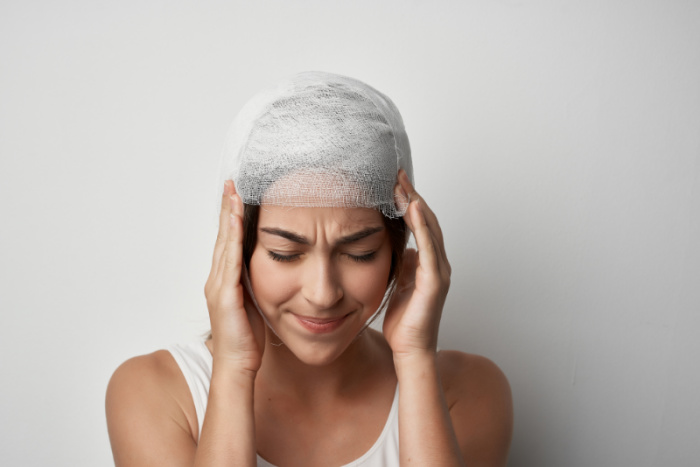
The manner of head injuries are also important to notice!
“If it’s what we call a low mechanism of injury — not a high-speed car accident, or a bike accident or a ski accident, but rather a fall from standing — [and] there’s no loss of consciousness, there’s no surrounding symptoms, then I don’t think we’re as vigilant about keeping [to wake] patients up overnight. But they should ideally be monitored by somebody else.”
Dr. Joshua Marcus
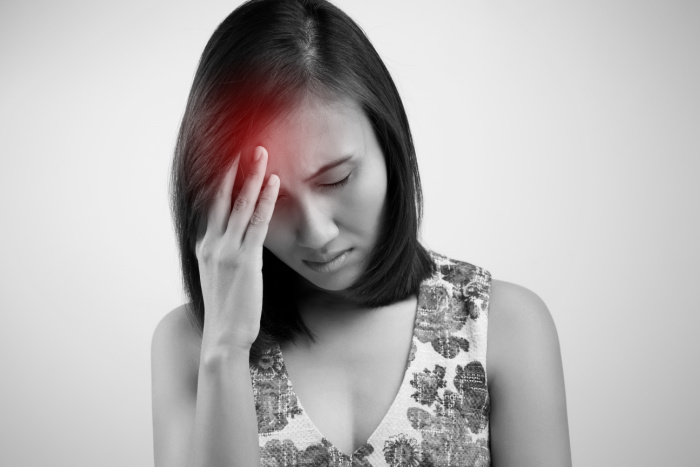
With all that being said, Marcus notes to not overreact every time you bump your head ladies and gentlemen!
“I think in the setting of hitting your head, it’s still pretty rare to have a severe head bleed from a head trauma,” he says. “So I don’t think everyone should be terrified that any minor hit on your head is going to be catastrophic or fatal.”
Dr. Joshua Marcus
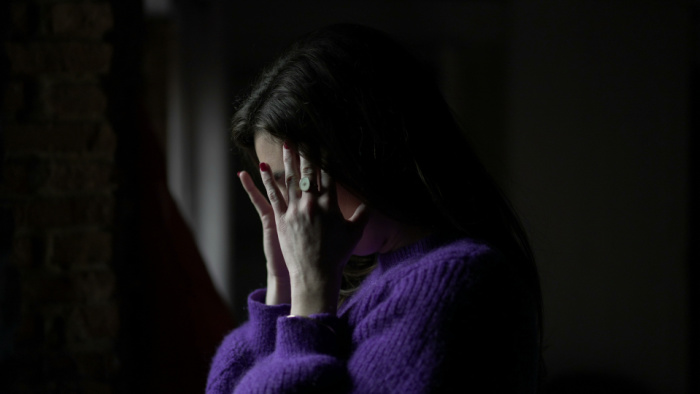
He also says that if your head pain lingers for weeks, that doesn’t necessarily raise eyebrows for concern, as long as no other symptoms occur and the pain does not become worse overtime.
“Symptoms can linger for weeks, sometimes even longer,” he says. “Ongoing symptoms are not necessarily super concerning beyond the first few hours. But if symptoms are worsening, that’s another thing to really look out for.”
Dr. Joshua Marcus
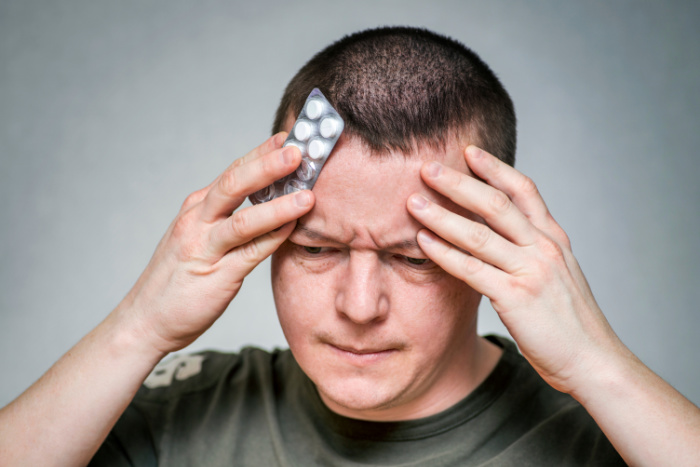
So let’s just all agree to be cognizant of our surroundings and to protect our heads as best as we can because accidents unfortunately happen.
